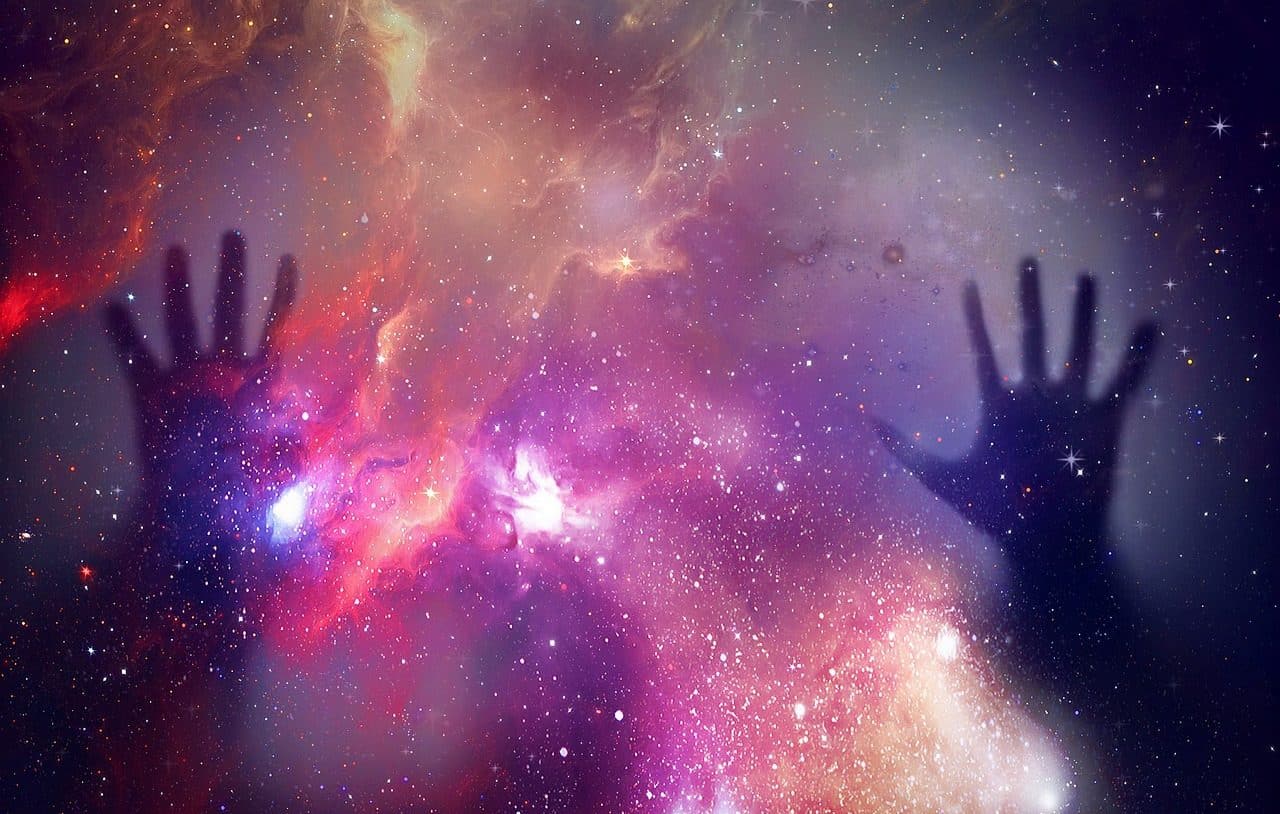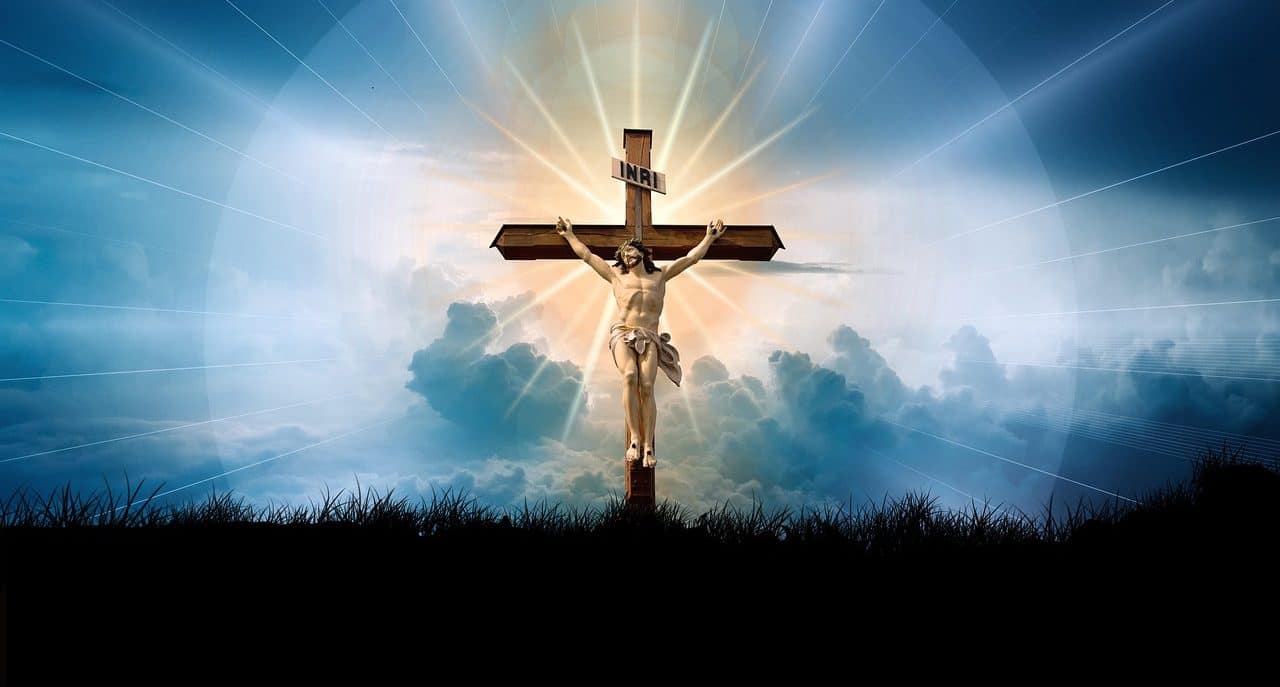
Omnipotence is the quality of one who possesses unlimited power.
Omnipotence is a concept that has its origins in the Latin omnipotentĭa . The term refers to great power that, generally, can only be attributed to a deity. In this sense, omnipotence refers to unlimited power .
Within the scope of religion , monotheism usually considers omnipotence as part of the qualities of God . This implies that God is in a position to do anything since his power knows no obstacle nor can it be exhausted. Typically, omnipotence appears along with other supernatural powers that make God also omnipresent (he is everywhere simultaneously) and omniscient (he knows everything).
Characteristics of omnipotence
Having no limits, the omnipotent divinity is situated beyond logic and the ties of the physical world. It is, therefore, in a position to perform miracles , which are those actions that contradict or transcend the laws of physics . An omnipotent God can walk on water, turn water into wine, or resurrect, for example.
The extent of divine omnipotence, however, has been debated since ancient times. Some monotheistic currents believe that God is not in a position to manifest himself through a transgression of physics.

Monotheistic religions attribute omnipotence to their god.
The paradox
As with all doctrines that impose a staunch truth and spread it throughout the world and history, this has happened with omnipotence; So much so that no religious person would dare to deny this obvious certainty within the confines of the religion in question. However, life also gives many nonconformist minds that try to explain everything and set aside these statements that call themselves absolute . So omnipotence also has its detractors who highlight the weak point of this truth: the paradox of omnipotence .
This paradox encompasses the entire family of paradoxes that analyze the capabilities and limits that a being that is omnipotent can have. One of the fundamental points he analyzes is whether an omnipotent being would have the ability to perform actions that could limit his own ability to do things. If he could, then, limit his own abilities, he would not be able to execute all actions, and this would break the idea of omnipotence.
Limits of omnipotence
Among the most famous versions of this paradox is what is known as the stone paradox , which asks whether it is possible for an omnipotent being to create a stone that is so heavy that it cannot be carried by itself. And, taking into account that if he can do everything he could create it, it could be said that by doing so he would cease to be omnipotent.
In any case, theologians and believers have an answer to this theory: those who postulate it assume that the only possible world is the physical one (the only reality), while they argue that omnipotence explains that God is above everything. , surpassing all the confines of the physical world. In this way it could be said that they resolve this paradox.
It is important to note, however, that this explanation is not sufficient to solve the problem ; Because even if there are several worlds, what would happen if that omnipotent being could perform an action that limited his own abilities? That is the key question that, since we cannot accurately analyze those other realities that belief postulates, cannot be answered.
Throughout the history of philosophy, thousands of intellectuals have tried to explain and overthrow this position, and like omnipotence, we will never be able to resolve this conflict.
